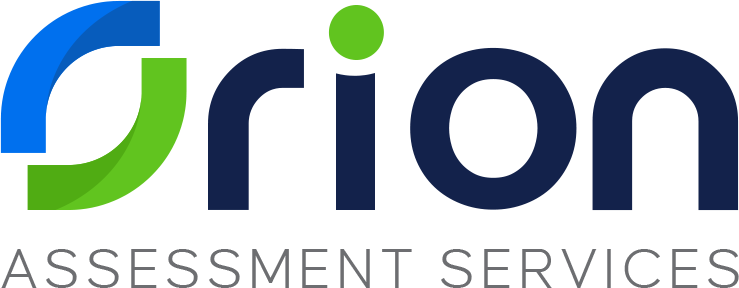The ANSI/BIFMA e3-2024 Furniture Sustainability Standard Now in Effect
Effective immediately, the updated ANSI/BIFMA e3-2024 Furniture Sustainability Standard is now in effect for all E3 clients. This change reflects the latest industry requirements and best practices, supporting our ongoing commitment to service excellence and compliance.
Clients are strongly encouraged to purchase an official copy of the updated standard directly from ANSI or BIFMA to ensure you have the most current and authoritative version for your records.
Key Changes in the Updated Standard
1. Structural Reorganization
- Standard now organized into three primary sections: Environmental Impacts, Material Health Impacts, and Social Impacts, each with clear progression tiers
2. Enhanced Guidance and Educational Value
- Expanded guidance and harmonization with other leading sustainability programs and stakeholder expectations.
3. Progressive Tiers of Conformance
- Maintains a tiered approach (Bronze, Silver, Gold, Platinum/LEVEL® 1-4) with a detailed summary of requirements per tier in Annex A.
4. Expanded and Updated Criteria
- Environmental Impacts: New requirements for energy and environmental policies, circularity, responsible packaging, and advanced performance metrics for waste, water, and air.
- Material Health Impacts: More robust chemical inventories, assessments, and elimination of chemicals of concern, with a focus on transparency.
- Social Impacts: Expanded criteria for occupational health and safety, wellness, inclusiveness, community outreach, and business conduct.
5. Alignment with International Standards
- Updated references to international standards (e.g., ISO 14001, ISO 50001, WELL Building Standard, Greenhouse Gas Protocol).
6. Greater Emphasis on Transparency
- Strengthened requirements for public disclosure of sustainability metrics, chemical inventories, and community engagement.
7. Circularity and Lifecycle Focus
- New criteria supporting circular economy practices, such as take-back programs, refurbishment, recycling, and expanded LCA requirements.
8. Material and Chemical Health
- Stricter requirements for recycled and biobased content, and targeted elimination of hazardous substances.
9. Social Responsibility and Inclusiveness
- Broader requirements for occupational health and safety, inclusiveness, ethical conduct, and supplier code of conduct.
10. Annexes and Examples
- Informative annexes and sample documentation to support implementation and compliance.
Next Steps and Key Dates
- New Applicants - Until April 21, 2026, Orion may certify to either the 2019 or 2024 version of the standard. Afterwards, applicants c an only certify to the 2024 version of the standard.
- Existing Certified Clients - Until April 21, 2026 may re-certify to either the 2019 or 2024 version of the standard. Starting April 22, 2026, may only re-certify to the 2024 version of the standard.
- Given the standard has been redone, Orion will need to provide an updated quotation to reflect the time needed for your upgrade
Thank you for your attention and continued partnership.
The Orion Team

